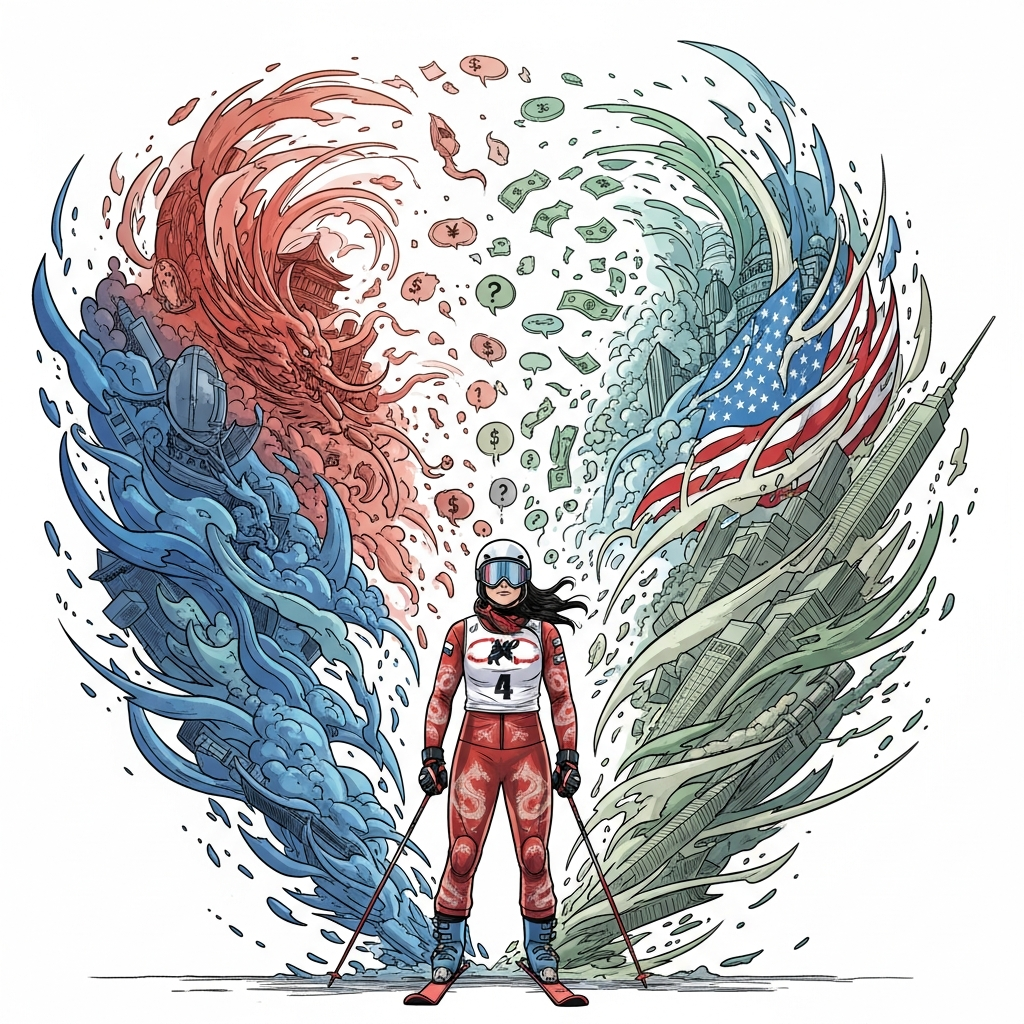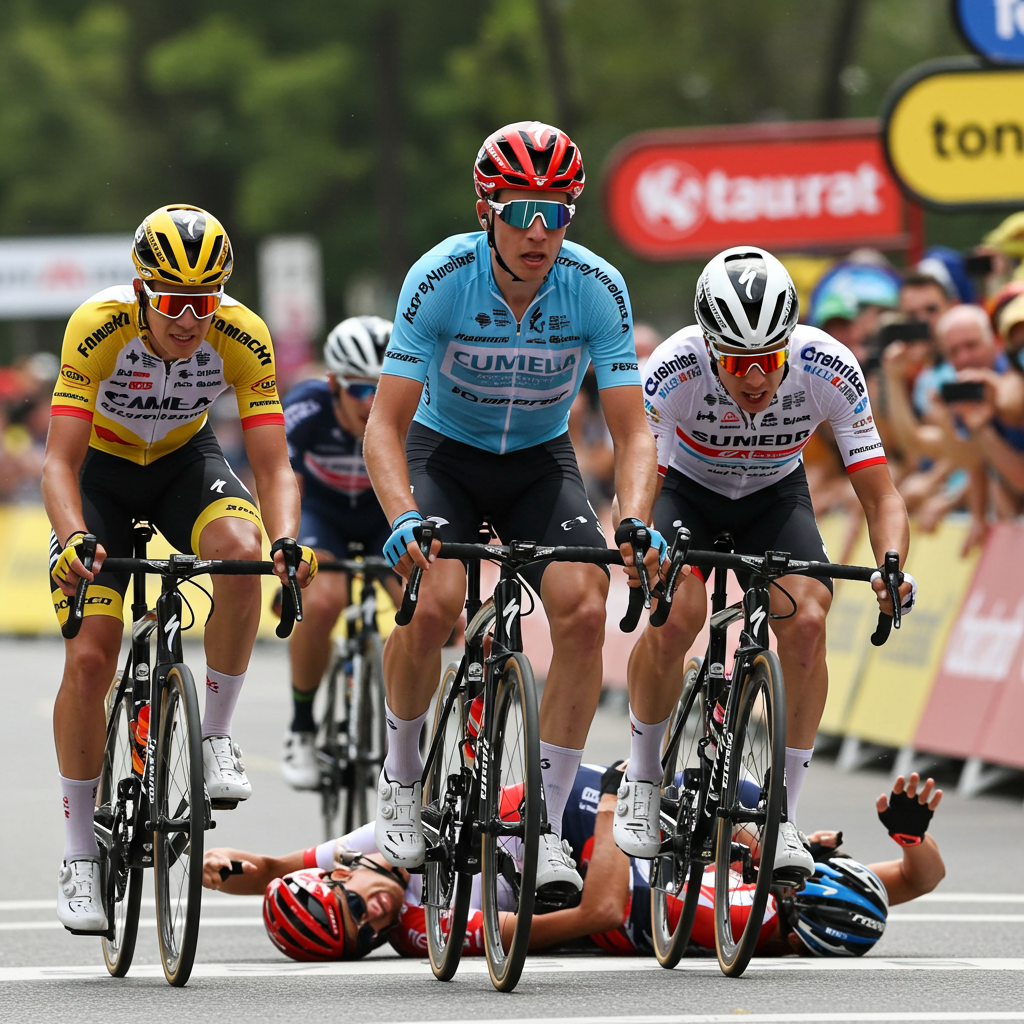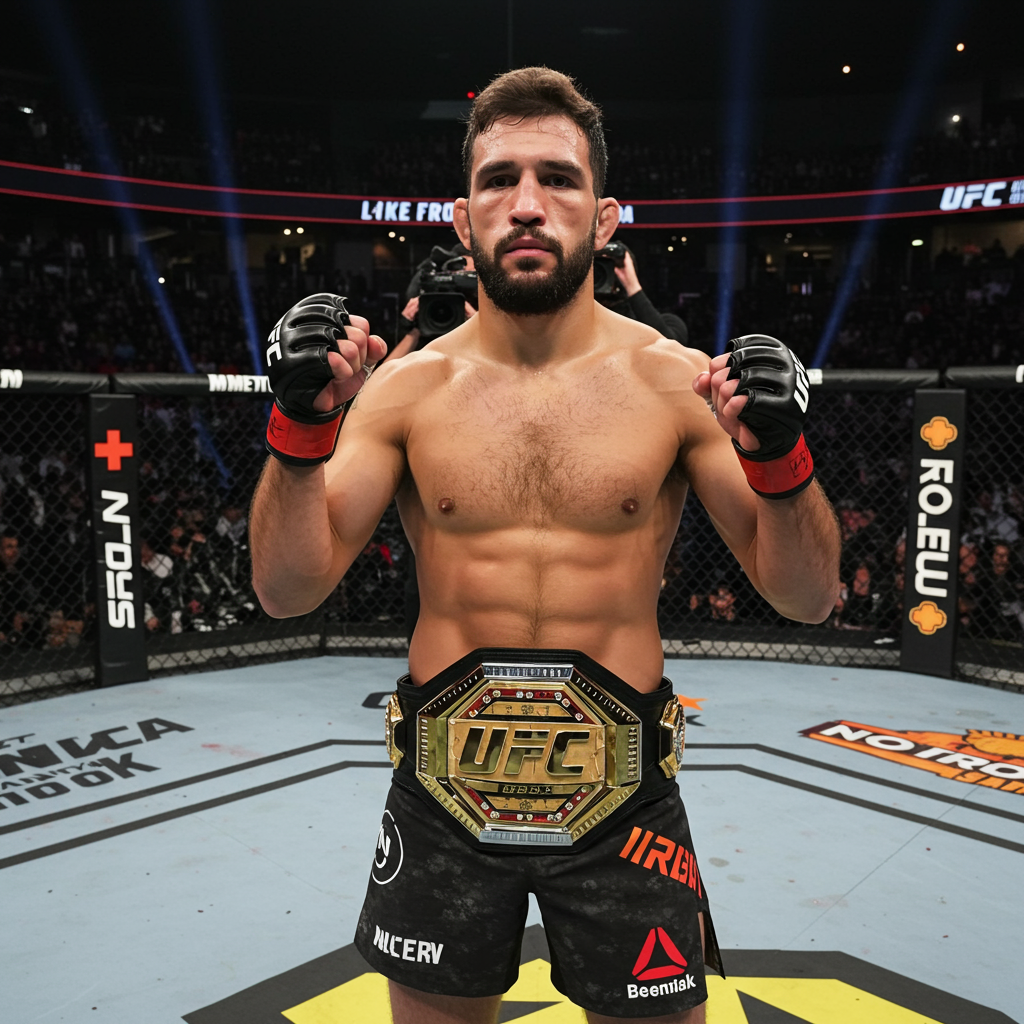Following official charges being filed against former Arsenal midfielder Thomas Partey, questions are mounting over the club’s handling of serious allegations. The Ghanian international, whose contract recently ended, now faces multiple counts of rape and sexual assault. This development shines a critical light on Arsenal’s decision to keep Partey playing while police investigations were ongoing for over two years. For many, the club’s actions raise profound moral and ethical concerns, contradicting the values Arsenal publicly espouses and prompting a wider debate about football’s responsibility in addressing serious societal issues.
Former Arsenal Star Charged
Thomas Partey, aged 32, was formally charged with five counts of rape and one count of sexual assault on July 5, 2025. These grave allegations stem from incidents involving three separate women reported to have occurred between 2021 and 2022. Partey has consistently maintained his denial of all charges. This legal step, taken by the Crown Prosecution Service (CPS) after reviewing a comprehensive file of evidence, now allows Partey to be publicly named in connection with the case. He is scheduled to appear at Westminster Magistrates Court on August 5 to formally answer the charges.
The Timeline of Events
The police investigation into Partey began in February 2022. He was first arrested in July of that year on suspicion of rape. Over the subsequent period, he was questioned and bailed seven times as inquiries continued. Despite the ongoing investigation into these serious allegations, Partey remained a key player for Arsenal. He featured prominently for the club, making 52 appearances across all competitions in the season leading up to his contract expiry. He also played for Ghana in the 2022 World Cup.
Arsenal’s official stance during this investigation phase was that Partey denied the allegations and was on police bail, with no charges laid at that time. They stated the player could fulfill his professional commitments. This position allowed him to continue representing the club on the field throughout the investigation period.
Arsenal’s Controversial Decision to Keep Playing Partey
The central point of contention lies in Arsenal’s choice not to suspend Thomas Partey during the lengthy investigation. Critics argue that allowing a player facing such serious allegations to continue representing the club sends a deeply troubling message. This approach is seen by many as prioritizing sporting performance and player availability over the severity of the accusations and the potential impact on victims and the wider community, particularly women.
Manager Mikel Arteta publicly supported Partey during this period. Following a match-winning goal against Tottenham Hotspur in October 2022, Arteta expressed happiness for the player, citing “what he’s been through.” This vocal backing, combined with the club’s decision to keep him in the squad, drew criticism even before formal charges were filed.
The optics for Arsenal were further worsened by the timing of the charges. The CPS decision came just days after Partey’s contract with the club expired on June 30. His image remained on the official club website until the afternoon of July 5, only being removed after news of the charges broke.
Arsenal’s brief statement following the charges simply noted the contract expiry and the inability to comment due to legal proceedings. This was perceived by many as inadequate and failing to address the substantive questions about their conduct over the preceding years.
The Moral Versus Legal Balancing Act
Arsenal’s decision is likely rooted, at least in part, in legal considerations. Suspending a player who denies allegations and has not yet been charged carries potential risks. The club might have been concerned about legal challenges for unpaid wages or unfair treatment if the player were later cleared, as seen in the case of Benjamin Mendy and Manchester City. Mendy was suspended by City after being charged, but later won a claim against them for unpaid wages after being cleared of all charges.
However, critics argue that while a legally defensible position might exist, it doesn’t automatically equate to a morally acceptable one. They contend that institutions like football clubs have a responsibility that extends beyond strict legal minimums, particularly given their prominent place in society and influence on public attitudes. The severity of the allegations—rape and sexual assault—demands a different level of response, regardless of the legal status of the investigation.
The moral argument centers on the message sent to alleged victims, women within the club, staff, fans, and the wider public. Continuing ‘business as usual’ with a player under investigation for such crimes is seen by many as undermining the seriousness of the allegations and failing to demonstrate genuine concern for those potentially affected.
Questionable Priorities and Mixed Messages
Adding complexity to the situation, reports in April 2023 suggested Arsenal had entered talks with Thomas Partey about a potential contract extension, even while the police investigation was ongoing. This raises further uncomfortable questions about the club’s priorities and judgment. Pursuing a new deal for a player facing such serious scrutiny appears inconsistent with a commitment to treating the allegations with the utmost seriousness.
Arsenal has often presented itself as a club that champions the women’s game and operates with strong ethical principles. This handling of the Partey situation starkly contrasts with that carefully cultivated image. The actions over the past three years have left many fans feeling conflicted and uncomfortable supporting a team that seemingly failed to take a strong stance on allegations of violence against women.
Within the club, female players, staff members, and others would likely have had to interact with the player while being aware of the claims against him. The author of the original piece ponders how uncomfortable this situation would feel for those individuals, highlighting a significant concern about the internal impact of the club’s choices.
How Other Clubs Have Responded
While Arsenal’s approach is not unique in football, comparisons to other high-profile cases reveal differing responses. Some clubs have chosen to suspend players under investigation for serious allegations, even before charges were brought. For example, Manchester United suspended Mason Greenwood after his arrest in January 2022 on suspicion of attempted rape and assault (charges were later dropped). Another Premier League club suspended a player in 2021 facing child sex offence allegations (that case was also dropped). These suspensions, while not an admission of guilt, demonstrated a recognition of the gravity of the allegations and their potential impact.
Conversely, some players, like Yves Bissouma (then Brighton, now Spurs) and Benjamin Mendy (Man City), were not suspended when first arrested under suspicion of sexual assault; Mendy was suspended only after being charged, and Bissouma was later cleared without facing charges.
These contrasting examples illustrate the lack of a consistent policy across football. Critics argue that Arsenal’s decision aligns with cases where clubs appear hesitant to suspend players until legally compelled, reinforcing the idea that the bar for suspension in football is set disproportionately high, especially for valuable playing assets. This disparity in treatment compared to what might happen to backroom staff facing similar claims further fuels the moral debate.
Supporter Reaction and Broader Implications
The Arsenal Supporters Against Sexual Violence group issued a statement expressing devastation and shame regarding the club’s stance. They reiterated their call for mandatory suspension for individuals under criminal investigation, emphasizing their ongoing campaign for accountability beyond individual cases. Their reaction underscores the depth of feeling among segments of the fanbase who believe the club failed in its moral obligations.
The situation extends beyond football, reflecting broader societal attitudes towards allegations of sexual assault. Football, with its immense cultural influence, has a unique opportunity and responsibility to send strong, clear messages. By not suspending a player under investigation for rape allegations, critics argue, the sport risks conveying that such matters are secondary to sporting or financial considerations. This contributes to a potentially harmful climate that minimizes the severity of violence against women and girls, an issue of significant national concern.
Frequently Asked Questions
What are the specific charges against Thomas Partey?
Former Arsenal midfielder Thomas Partey has been charged with five counts of rape and one count of sexual assault. These charges were formally filed on July 5, 2025, by the Crown Prosecution Service (CPS) following an investigation that began in February 2022.
Why is Arsenal’s handling of the Partey allegations considered controversial?
Arsenal is facing controversy because they chose not to suspend Thomas Partey while he was under police investigation for serious allegations of rape and sexual assault from 2022 until his contract expired in 2025. Critics argue this decision sent a poor message about the club’s priorities and commitment to addressing serious allegations, conflicting with their public image and potentially impacting individuals within the club.
How have other football clubs handled similar serious allegations against players?
Responses vary across football clubs. Some clubs, like Manchester United with Mason Greenwood and another unnamed Premier League club, have suspended players under investigation for serious allegations, even before charges were brought. Others, like Brighton/Tottenham with Yves Bissouma and Manchester City with Benjamin Mendy, did not suspend players immediately upon arrest, only doing so later (Mendy) or not at all if charges weren’t filed (Bissouma).
The handling of the Thomas Partey allegations by Arsenal raises difficult questions about the club’s values and decision-making process. While legal constraints may have played a role, the moral and ethical dimensions of allowing a player under investigation for such serious crimes to continue representing the club are undeniable. This case highlights the ongoing debate within football about how best to balance player rights, legal processes, and institutional responsibility towards alleged victims and the wider public, particularly concerning allegations of violence against women. The conversation surrounding Arsenal’s stance is likely to continue as the legal process unfolds.



